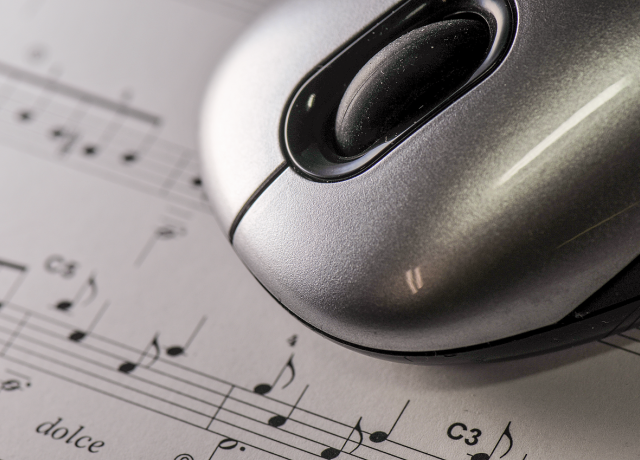European Cultural Heritage Lives through Voices of the Past
European Cultural Heritage Lives through Voices of the Past
Europe’s biggest platform for audio heritage preservation, Europeana Sounds, joined the 2016 European Heritage Days with a creative programme that blended past and present to offer new interpretations of European cultural heritage. On September 18th 2016, the collaborative efforts of Europeana Sounds and the National Library of France (BnF) gathered visitors for the Sound (re)discovery event that took place at BnF’s Pettit Auditorium. Focusing on music heritage and voices of the past, the event highlighted oral culture as one of most important ways to pass on traditional knowledge to new generations.
By playing the old recordings of traditional French music and then letting groups of artists reinterpret it, the event reminded of the vividness of music heritage and its permanent appeal. This way also reminded visitors that music is not only a form of entertainment, but also a way to transfer cultural values among community groups, nations and generations. The 1913 recordings made by Ferdinand Brunot, the founder of the Archives of the Spoken Word, and the 1946 recordings by Roger Dévigne, the head of the Phonothèque nationale, the event revived the past in an authentic way, making the music heritage of France closer to the present-day generations.
On the occasion of the event, Pascal Cordereix, Head of the sound archives service at the Audio-visual Department of BnF, presented the BnF’s sound collections and highlighted the ways Europeana Sound project helps them reach wider audiences. The organisers also used the opportunity to distribute a survey that helped reveal the audience’s thoughts about this form of cultural heritage reinterpretation. The findings revealed their positive attitudes with 96% of respondents rating the theme of the concert as “very interesting.” Such results indicate that traditional music has not lost its appeal and that innovative reinterpretations can only help it reach new audiences.
The value of the Sound (re)discovery event for European Heritage Days lies in the diversity it introduced to hte celebrations. While the festival generally includes numerous music performances, Sound (re)discovery perfectly blended traditional and digital culture to demonstrate the potential of combining the two. As Europe's most valuable repository of digitised audio heritage, Europeana Sounds plays an important role in disseminating traditional knowledge through new channels, thus supporting the goal of European Heritage Days.
